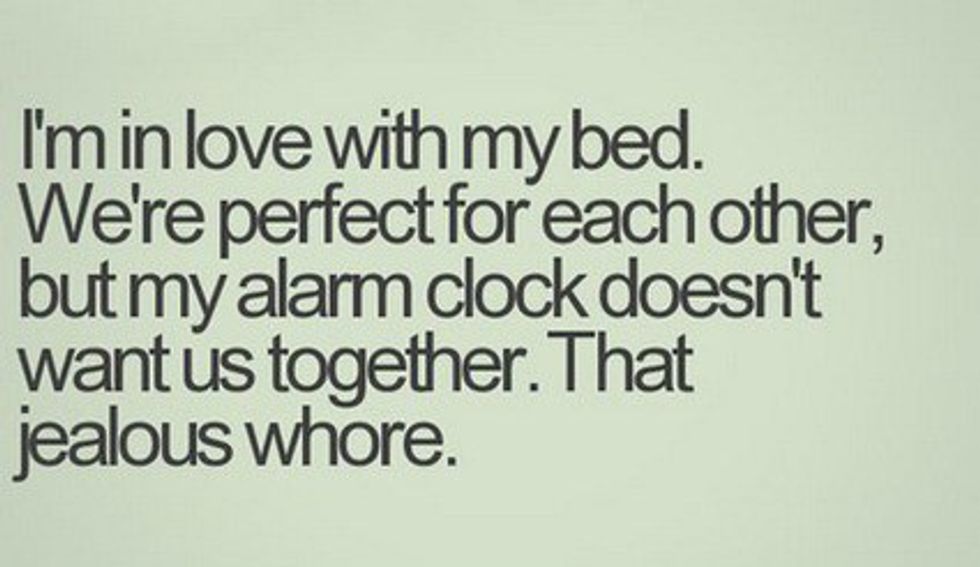This is something I never wanted to write.
This past week, we lost Ed Snider. Mr. Snider was more than an owner of a sports team, he was a Philadelphia icon. In a city notorious for reviling owners, coaches and players, no one dared to speak ill of Ed Snider. He did his job, but never overstepped his boundaries to do so. He was willing to own up to mistakes and to do what was necessary to fix them. He never did anything to make Flyers fans ashamed of the man who owned their team. That was the important thing; it was never Ed Snider's team, it was Philadelphia's team. He was beloved by any who knew him, professionally or otherwise and will be dearly missed by Philadelphia, regardless of whether or not they like hockey.
Of course, it wasn't always this way. When Mr. Snider decided to bring a National Hockey League franchise to Philadelphia, many people were hostile to the idea. There had been some attempts to bring a hockey team to the city, and none of them were remotely successful. Nobody wanted the city to be embarrassed again, and no one thought a new team would stick. But, Mr. Snider bought the rights to bring an expansion team to Philadelphia and after a contest to decide the name, the Philadelphia Flyers were born and played their first season in 1967.
The first couple of seasons, the Flyers played fairly well, but Snider noticed that the team was often getting beaten up night in and night out. While fairly skilled, the Flyers weren't physical enough to really succeed in the NHL. Mr. Snider decided to correct this by building the biggest, nastiest team he possibly could. New players like Dave "The Hammer" Schultz, Andre "Moose" Dupont and Bobby Clarke gave the team a new identity. Dubbed the "Broad Street Bullies" by the press, the Flyers pounded the league into submission, winning the Stanley Cup in 1974 and 1975. In 1976, the Flyers were the only NHL team to defeat the famed Soviet national team. Fans, coaches, and writers from around the league hated the Flyers. They were viewed as goons, brutes who would rather beat up and injure other players rather than beat them in a fair game of skill and finesse.
If you know anything about Philadelphia, then you know that this criticism only fueled the passion that the city cheered on the Flyers with. But it was more than that. In those days, athletes didn't make nearly as much money as they do today. In some cases, players had to work second jobs to support their families. So a lot of Philadelphians could sympathize with a ragtag group of nobodies who took the league by storm and end up winning the championship. This was Rocky On Ice. The city loved it, and they had Mr. Snider to thank.
In the years to follow, the Flyers never again reached the top. They made the Finals a few times, but they never won another title. That never deterred Mr. Snider; even after winning the Cup, he tried to find ways to make the team better. He was at all the home games, he went to practices, but most importantly, he was an active member of the community. He started the Ed Snider Youth Hockey Foundation, which helped inner-city kids stay out of trouble by getting involved with hockey. He was always a present face, he never tried to stay in the shadows. He was the most approachable sports executive I have ever seen in my life.
The truly amazing thing is, I never personally met Mr. Snider. I never went to a Flyers Wives' Carnival, I never saw him at a home game. And yet, while I never got to have a conversation with him, I still feel his loss dearly. He brought the city a sports team that the people could really identify with and connect to. Despite the success of the team, he never forgot about the people of Philadelphia, and did what he could to try and improve the city, whether it be through entertainment or youth organizations and activism. Players always spoke incredibly highly of him, and though I never talked to him in person, I feel as though I have.
In a way, this past Flyers season was the perfect one for Ed Snider to leave us with. No one expected great things from this team. As the season began, these expectations were met; the team was clearly in the bottom half of the league. But then, something changed in the behavior of the Flyers. They gave their all in every single game. They refused to quit. They started playing quality hockey, and even in games when they didn't play great, sometimes their sheer willpower would be enough to win the game. They played like the Broad Street Bullies of old; even if they weren't the most technically proficient or skilled team in the league, they outworked their opponents. The last game Mr. Snider was alive to see was the game that the Flyers clinched a playoff spot, against all odds. It's a shame Mr. Snider isn't able to watch the Flyers in the playoffs, but the fact that they got there in the first place is a victory all in itself. It's the perfect send-off to the consummate owner.
All I can say is: Thank you, Mr. Snider. For everything you've done for Philadelphia.



















